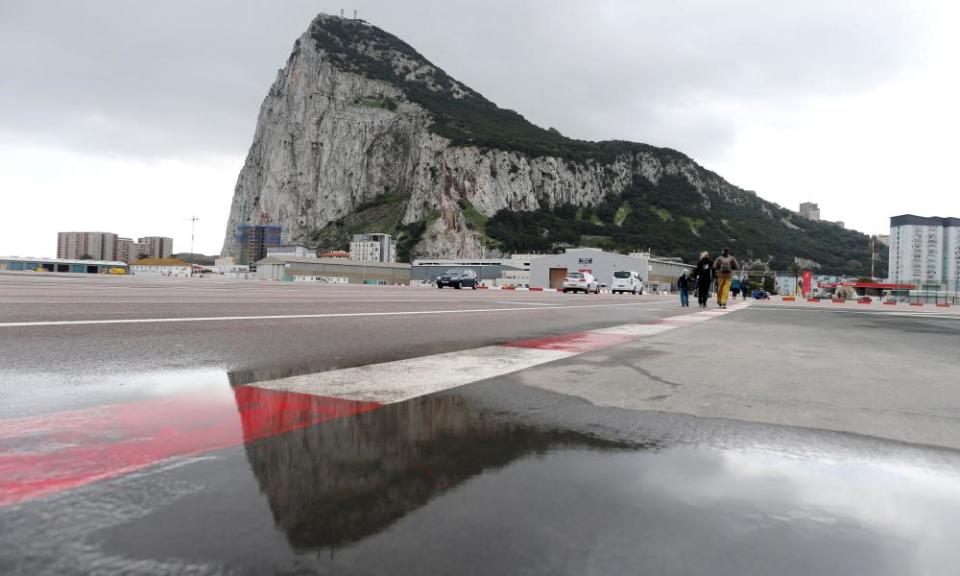Britons may need £52 visa to visit mainland Europe after Brexit

British tourists travelling to continental Europe may need to pay £52 for a visa in a few weeks after Spanish demands over the status of Gibraltar again derailed Brussels’ preparations for Brexit.
Agreement on legislation exempting UK nationals from requiring the travel permit is mired in a dispute over whether the British overseas territory should be described as a “colony” in the EU’s statute book.
Spain has insisted, with the reluctant support of the other 26 member states, that a footnote containing the contentious description of the disputed territory is added to the legislation.
But the European parliament on Wednesday morning rejected the language proposed by the council of the European Union, the body that represents the member states.
It is the third time the member states’ proposal has been sent back by MEPs and casts doubt over whether the legislation can be salvaged in the next few weeks.
Petr Ježek, a Czech MEP, said Spain was “playing with fire” with just weeks to go before the UK leaves the EU.
“The negotiation is stuck,” he said. “Brexit will hurt immensely and we should do everything possible to soften the impact rather than create further problems for half a billion people. If there is no agreement, and no visa exemption for the UK, the British government may adopt a similar approach – and that would be a disaster.”
Ježek said the European parliament’s position had been adopted unanimously and that MEPs could not accept “colonial language which has no place in the world”.
The parliament is suggesting the footnote could be reduced to merely stating that there is a “controversy between Spain and the United Kingdom concerning the sovereignty of Gibraltar”.
But Ježek warned there did not appear to be any sign that the council was willing to compromise: “It is quite stubborn.”
The legislation being discussed by the EU institutions would put the UK on a visa-exemption list from 29 March, when the country formally leaves the bloc.
Until 2021, there would be no need for a visa even if the UK left the EU without a deal. After that, UK nationals would need to pay £7 for three years visa-free travel under a new European travel information and authorisation system, which is being introduced for all non-EU states.
But if the impasse is not broken and the UK crashes out on 29 March, British nationals seeking to stay in an EU country for fewer than 90 days would be required to pay €60 (£52) for a Schengen visa that can take two weeks to be authorised.
Should the Commons finally ratify the prime minister’s withdrawal agreement, UK nationals would continue to be treated as EU citizens during a 21-month transition period, providing more time for a solution on the visa exemption to be found.
The row over description of Gibraltar, over which Madrid has been in dispute with Britain for three centuries, erupted again last month when Spain made its demand for a footnote.
Madrid initially wanted all the EU’s no-deal legislation – drafted in case the UK leaves without ratifying the withdrawal agreement – to note that Gibraltar was disputed and on a UN list of “non-self-governing territories … subject to decolonisation”.
That move was blocked by France, as French Polynesia and New Caledonia are also on that list. The compromise note on the visa legislation proposed by ambassadors instead says “Gibraltar is a colony of the British crown”.
The British ambassador in Brussels, Sir Tim Barrow, has already formally tabled his opposition to that description. Theresa May’s official spokesman criticised the Spanish approach when details emerged, describing Gibraltar as “a full part of the UK family” with “a mature and modern constitutional relationship with the UK”.
In a 2002 referendum on the possibility of Spain and the UK sharing sovereignty of Gibraltar, which ceded to the UK under the Treaty of Utrecht in 1713, just short of 99% of the electorate voted against the move.

